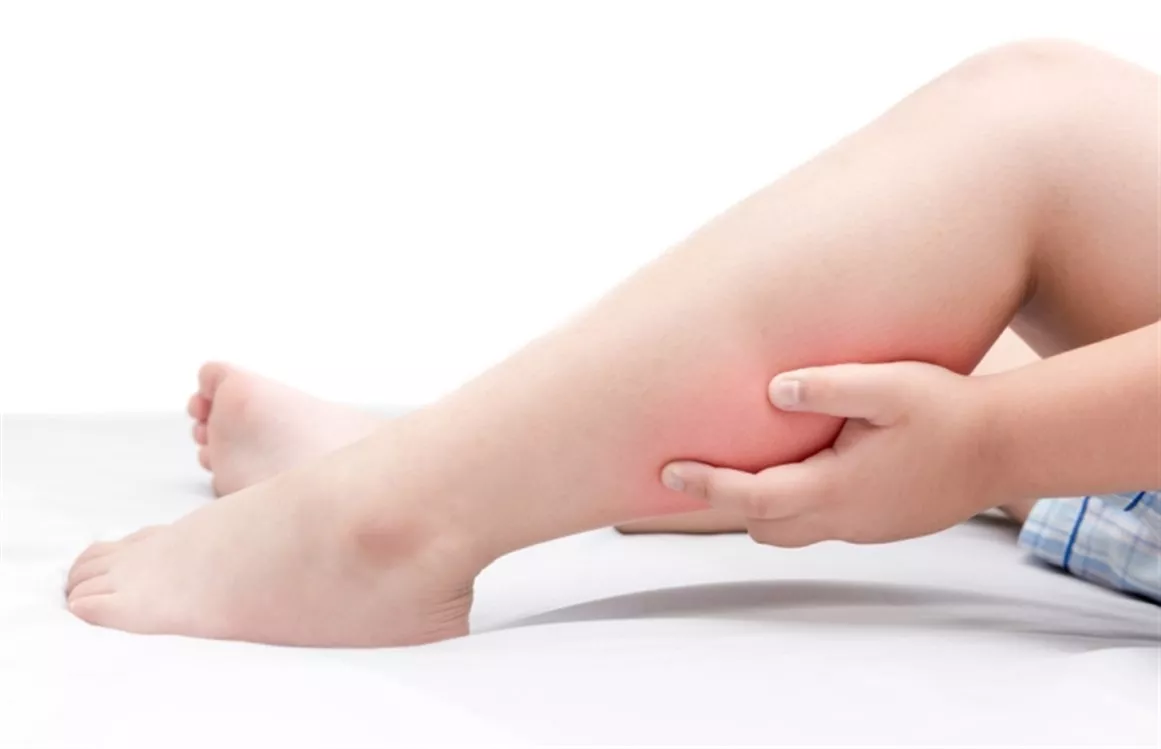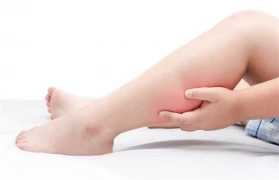
What Causes Restless Legs Syndrome in Children?
- What Causes Restless Legs Syndrome in Children?
- What is Restless Legs Syndrome?
- What Causes Restless Legs Syndrome in Children?
- Diagnosing Restless Legs Syndrome in Children
Restlessness and pain in the legs, not being able to sleep at night or an increase in various complaints after being inactive for a long time... All these symptoms may indicate restless legs syndrome in children.
What is Restless Legs Syndrome?
It is one of the most common problems related to movement disorders in children, especially during sleep. This discomfort, also called restless legs syndrome, restless feet syndrome, is defined as the desire to move the legs, especially at night, during sleep or while at rest, or as a state of pain and discomfort that is difficult to describe.
What Causes Restless Legs Syndrome in Children?
Restless legs syndrome is suspected to be a psychological disease because it is very difficult to diagnose or describe. But RLS is not a mental illness. The exact symptom that causes this disease is not known exactly. But in general, the reasons for the occurrence of restless legs syndrome in children as a result of medical studies are listed below one by one.
- Restless legs syndrome can be seen in various vitamin and mineral deficiencies.
- Muscle diseases that may occur in children can cause this problem to occur.
- After wear on the leg nerves or various abrasions, various uneasiness or pain may occur in the legs of children.
- Conditions such as hernia can actually cause children to be uncomfortable and cause different problems to occur in them.
- If there is a blood circulation disorder in the legs, the possibility of restless legs syndrome is higher.
- Anemia due to iron deficiency is also one of the other factors that may cause restless legs syndrome in children.
Diagnosing Restless Legs Syndrome in Children
Mentioned disease can be confused with hyperactivity or growing pain. Sometimes there is no specific laboratory test for the diagnosis of this disease. If the above-mentioned physical findings are in question, if relief occurs at the end with various movements such as walking or stretching, or if various tests have not found the symptoms of another disease, the presence of restless legs syndrome is indisputably certain.





